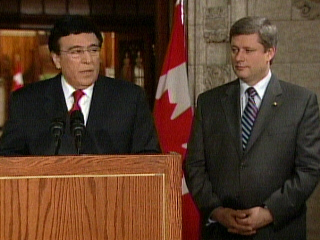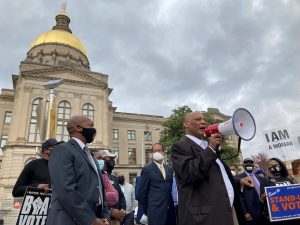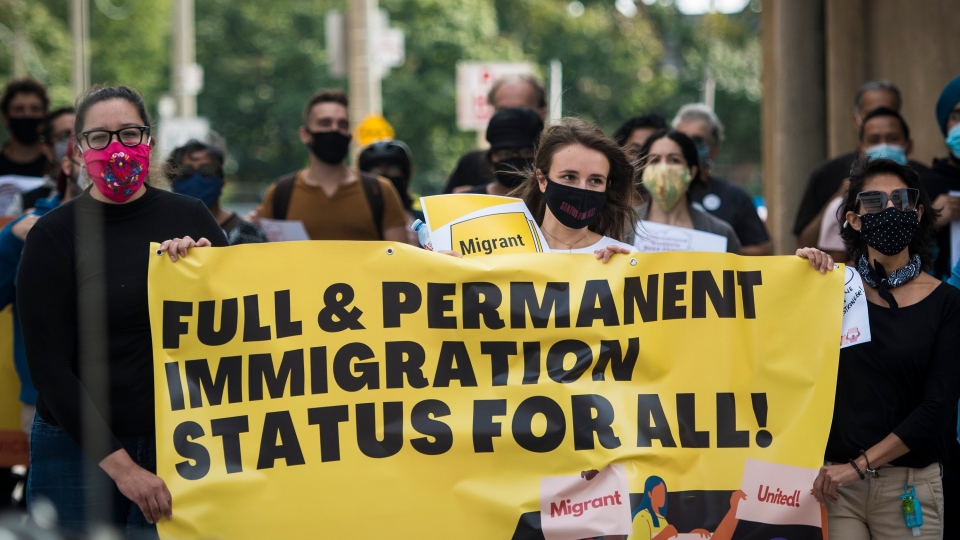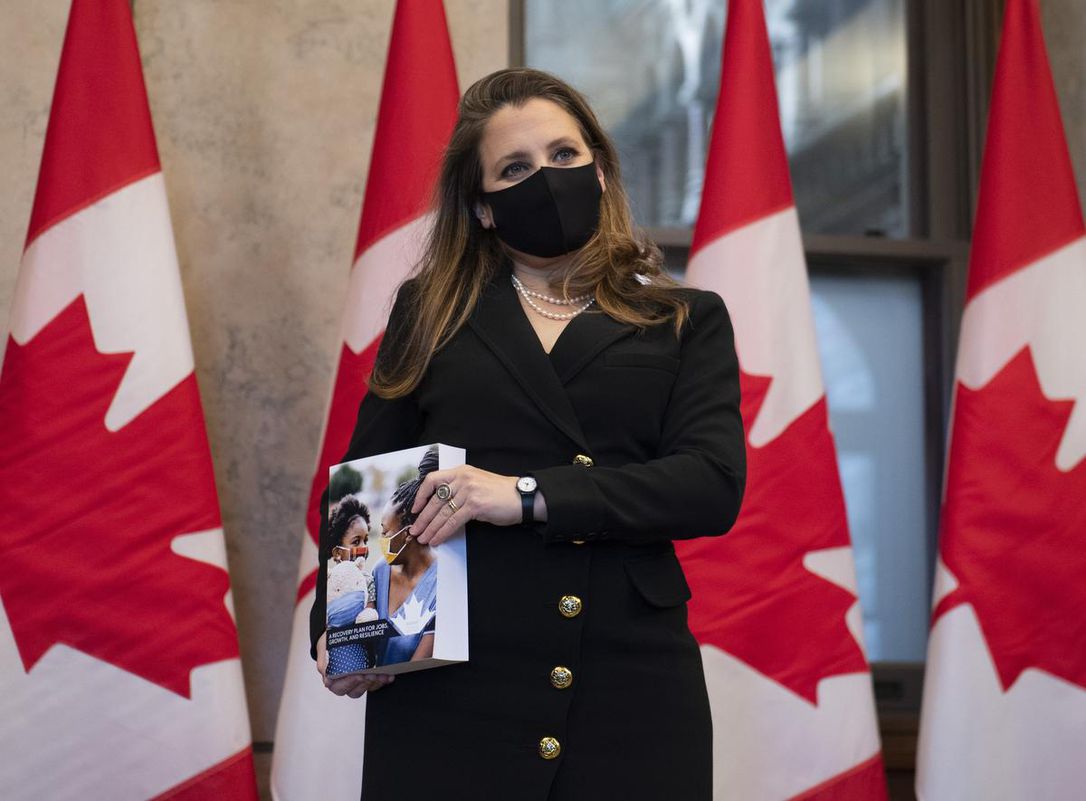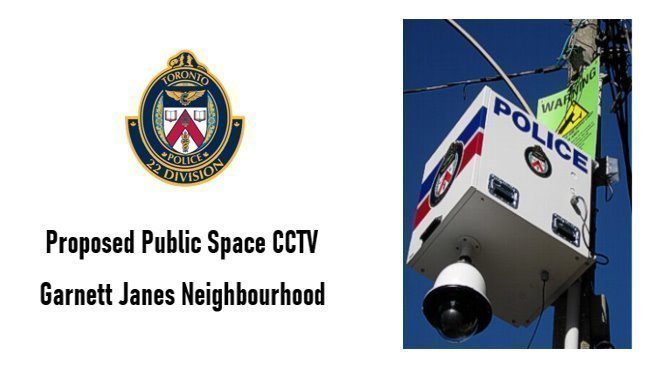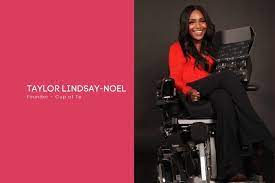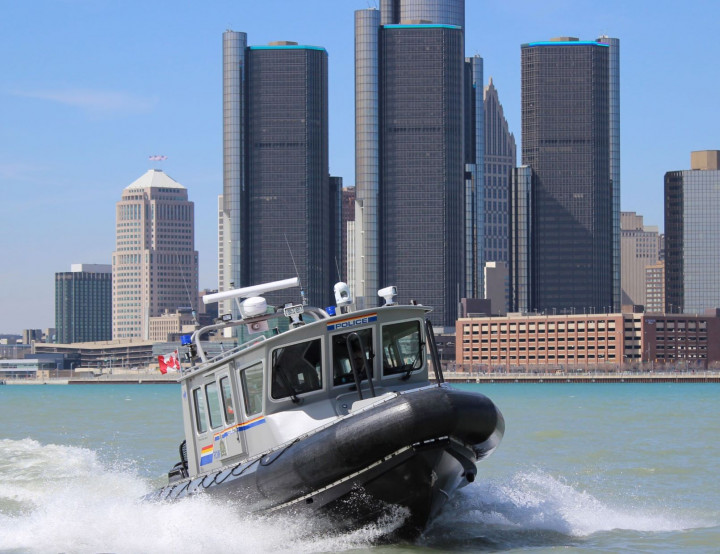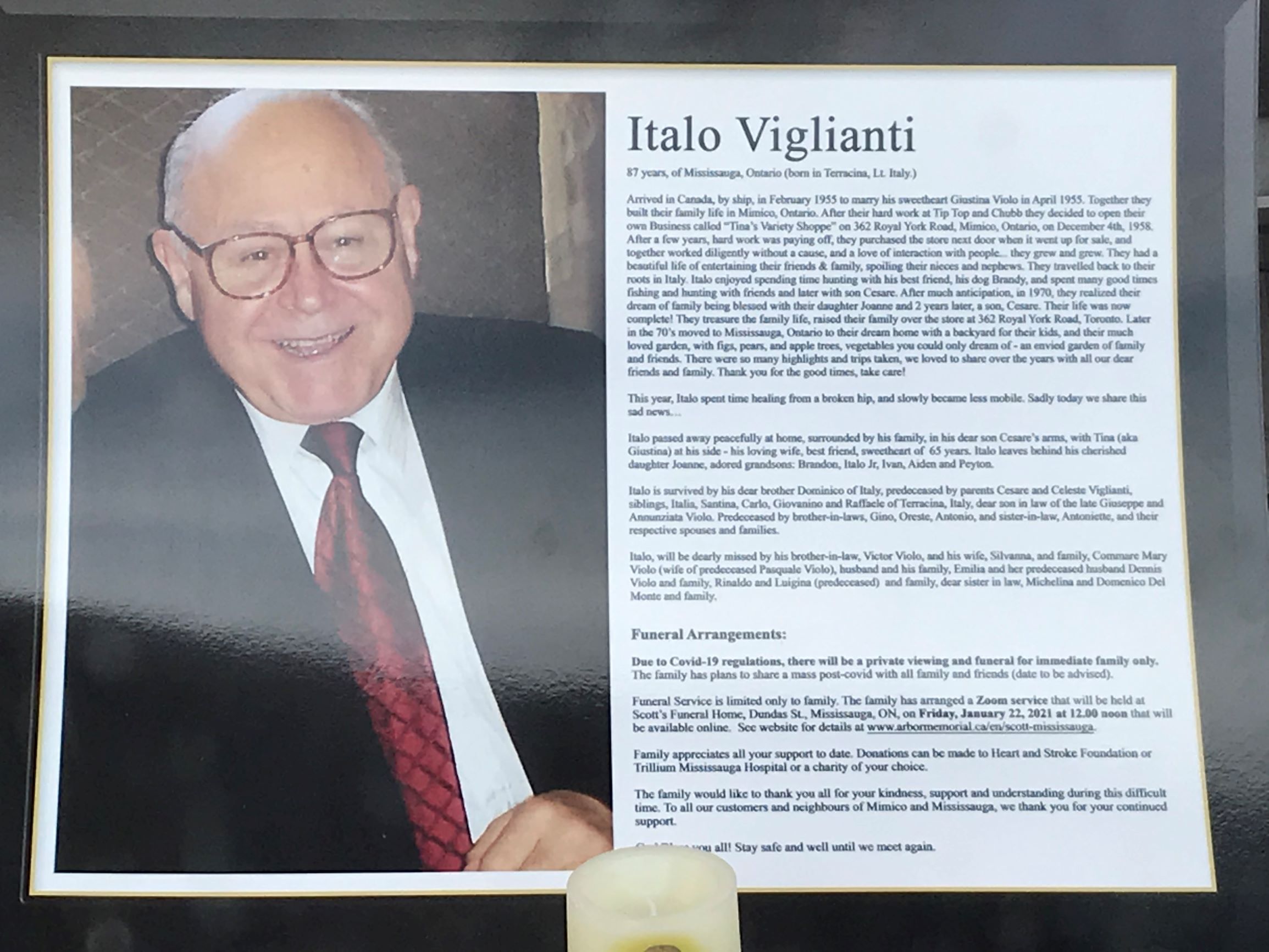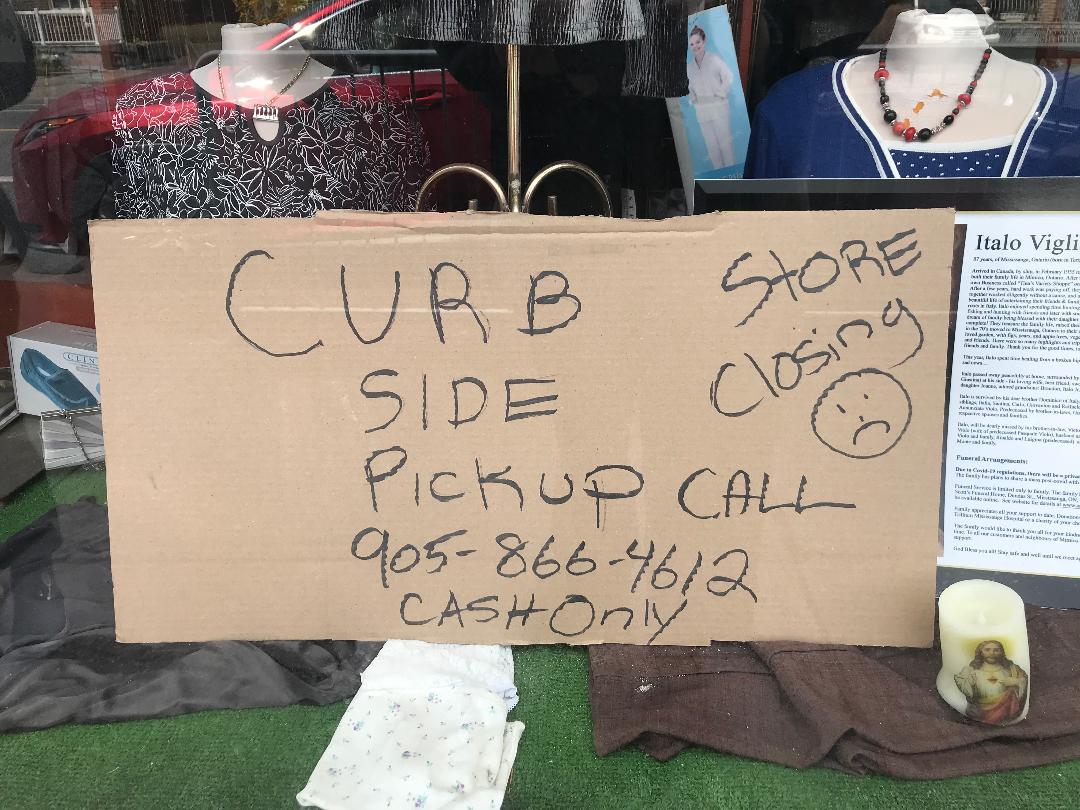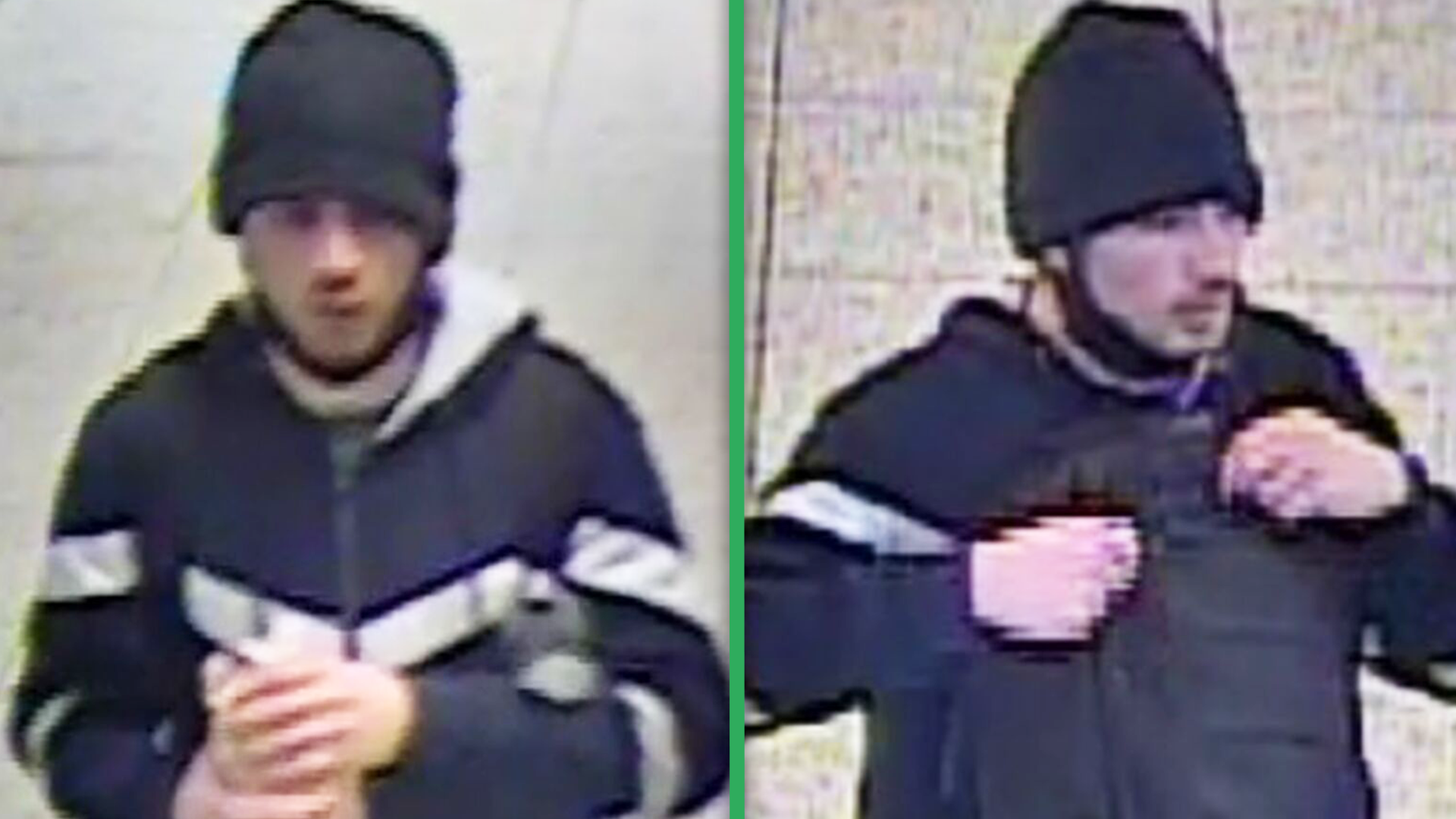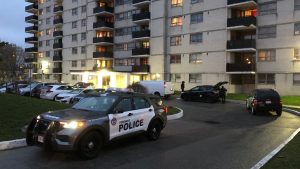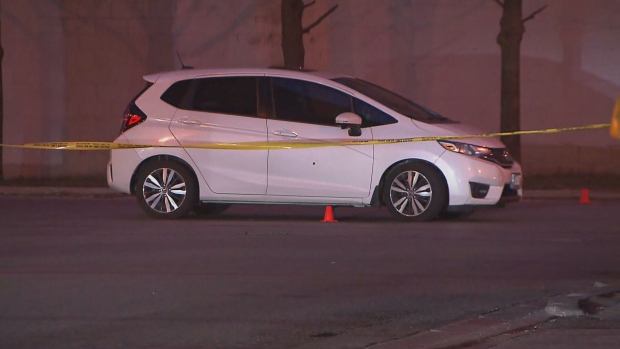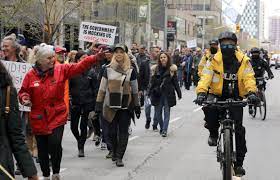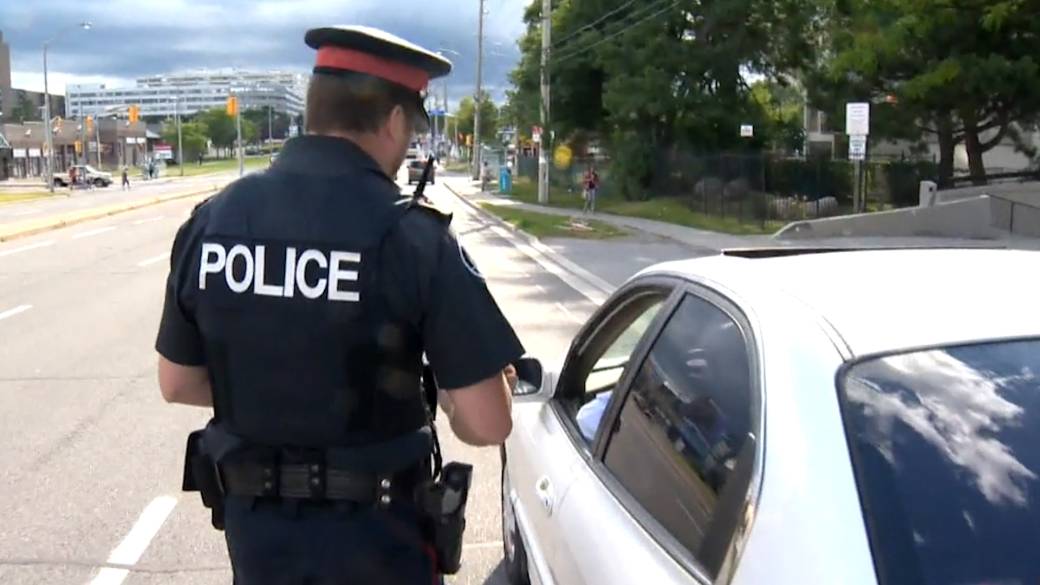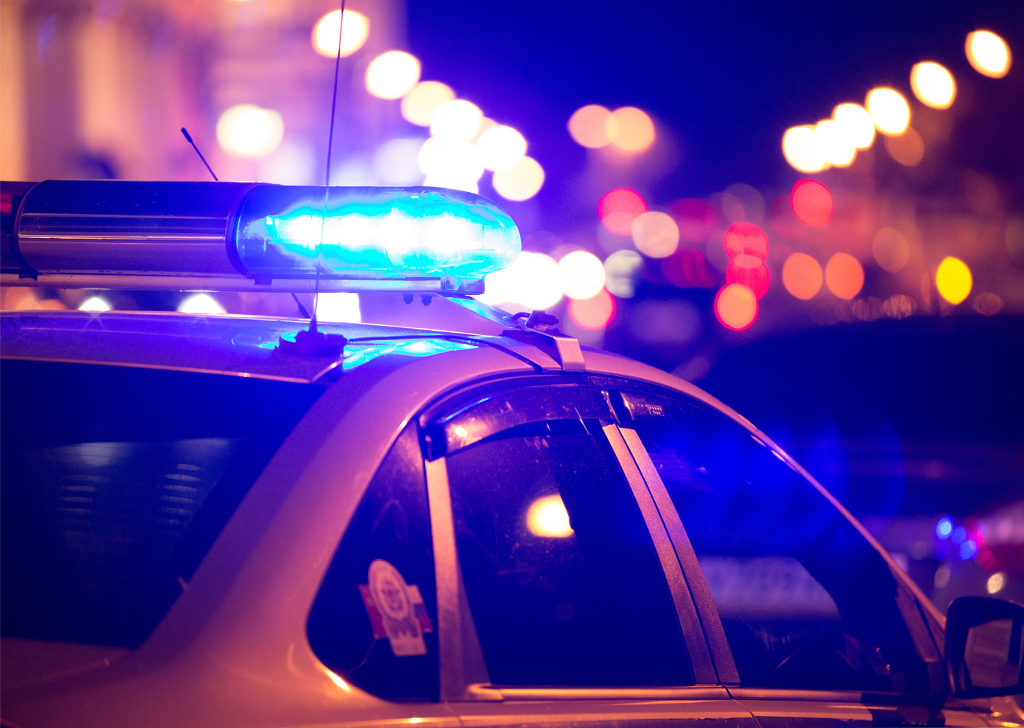
EACH police division will have a dedicated team of officers to check for large gatherings. TPS photo.
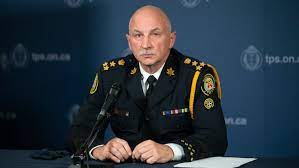
TORONTO Police Chief James Ramer said his officers will not be randomly stopping residents to ask why they are outside or if they are essential workers.
A dedicated team of officers from 22 Division and across the city are stepping up efforts to crack down on those attending large gatherings to stop the spread of COVID-19.
Toronto Police Chief James Ramer said teams from all 16 Divisions are working with Toronto Public Health and the City’s Bylaw enforcement officers at the Municipal Licensing and Standards Unit.
“We are at a critical stage of this pandemic,” Ramer said in a release. “I again urge all Torontonians to please comply with the stay-at-home order.”
The Ontario government on April 16 announced additional restrictions and a two-week extension of the provincial lockdown and stay-at-home order to slow the spread of the virus.
The order requires everyone to remain at home except for specified purposes, such as going to the grocery store or pharmacy, accessing health care services, for outdoor exercise, or for work that cannot be done remotely.
The force will enforce the order under the Emergency Management and Civil Protection Act and the Reopening Ontario Act.
“COVID-19 is now a matter of public health and public safety,” according to the Chief. “Let’s work together to stop the rapid growth in cases and relieve the pressure on our health care system.”
Ramer said officers may exercise their discretion in every situation and where there is evidence of non-compliance, they will issue tickets and summonses for individuals and businesses.
He warned there is no change to police powers and Toronto Police will not be conducting random stops of people or cars.
In addition, individuals are not compelled to explain why they are out of their residence, nor is being outside evidence of a failure to comply with the emergency order.
Workers are also not required to have proof from their employer that they are traveling to or from their workplace.
“When an officer has reason to suspect that an individual may be participating in a prohibited gathering, they are permitted to ask the person to identify themselves in order to issue a ticket or summons,” he said.
If a person refuses to identify themselves for this purpose, they can be arrested and in some cases can be charged with obstructing a police officer.
“The teams will be coordinated from a central command allowing them to be deployed across divisional boundaries if required,” according to the release.
Staff Supt. Randy Carter said his teams will focus on large gatherings that fail to comply with the emergency orders, with a particular focus on indoor gatherings such as parties at short-term rentals or at bars and restaurants.
“Everyone must do their part to protect our health and safety, and for police that means continuing to enforce equitably and effectively,” Carter said.
The enforcement strategy comes days after Premier Doug Ford faced intense criticism for shutting parks and granting police services temporary powers to randomly stop people who were driving and require them to produce identification, similar to the now-ended practice of carding in the Black community.
